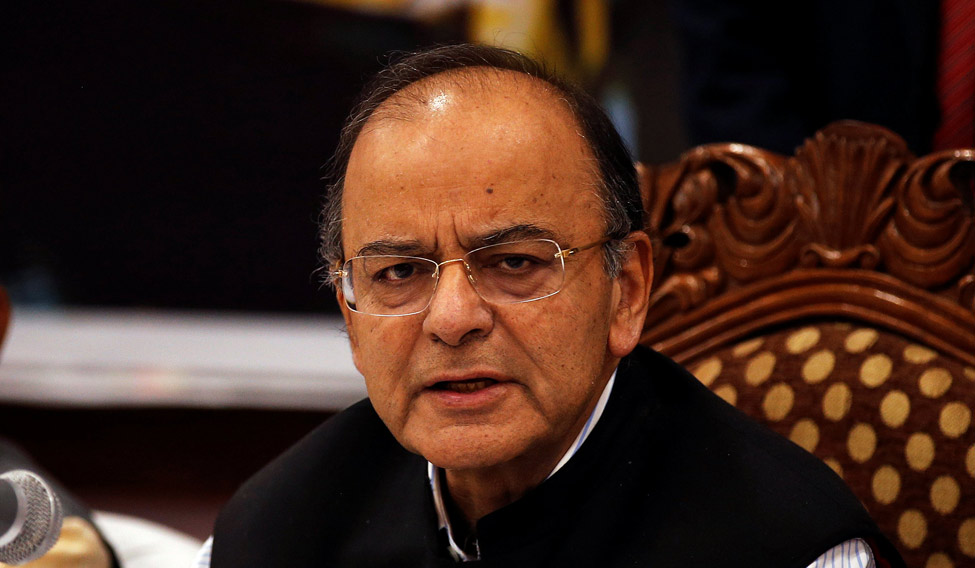Economists have welcomed the government's move to shift financial year from April-March to January-December. The change in financial year will lead to optimal utilisation of working season and will make available more time for implementation of schemes. They feel that if the budget is presented in November, early allocations will help agricultural economy and farmers.
"If you make it January-December, the agriculture sector gets aligned. Service sector's economic activity is, anyway, not restricted to a particular season. So, I don't see any harm in doing it", says B.L. Pandit, former head of the department of economics at Delhi School of Economics.
Government's budget presentation might also happen in November, instead of February. This could be a move for the better, says Pandit, as rabi and kharif incomes would already have flown in by then.
"The main rationale behind a shift in the government's financial year would be a smoother pattern of capital expenditure with less disruption caused by the timing of monsoon within the financial year. Often, the first quarter is devoted to drawing up plans, and the advent of the monsoon in the second quarter results in only six months left to carry out the spending," says Aditi Nayar, principal economist at ICRA.
A committee led by Shankar Acharya, on moving the financial year, had submitted its report to the finance ministry in December 2016. The committee set up in July last year was mandated with the task of studying the merits of NITI Aayog’s suggestion to move to a January-December financial year. The committee had extended support to this move saying that the change will align India to its monsoon and agricultural harvests.
In May this year, Madhya Pradesh became the first state to switch to January-December financial year.
Moving the financial year could align India with developed countries who follow this cycle. Most of the MNCs follow the January-December financial year. This move will help these companies align their balance sheets with their global parent.
However, it will not be without challenges, feels Nayar, if the government plans to do it this year itself.
"July-December 2017 are likely to witness some adjustment, as the assessees get used to the new compliance procedures and higher working capital requirements after the transition to the GST. The potential change in the fiscal year to January-December from 2018 onward, so close to the shift to GST, may pose a challenge, particularly for smaller tax payers", she said.




